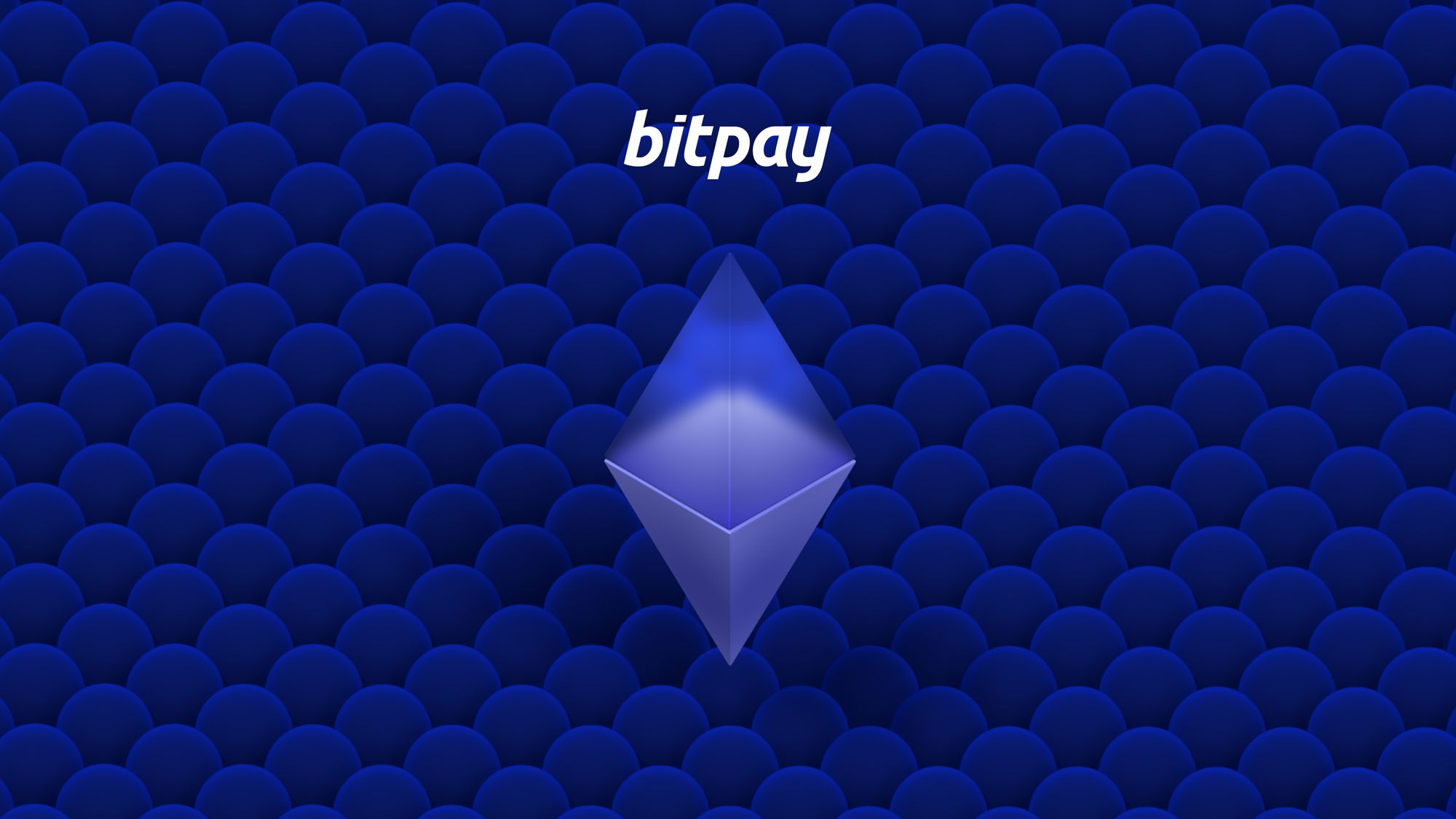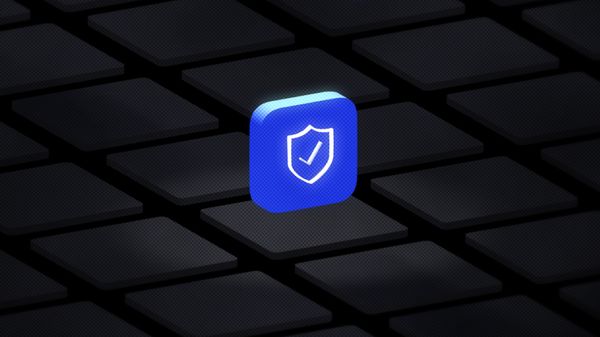There are different types of blockchains designed for various purposes. Some, like Bitcoin, are utilized exclusively as a digital ledger book for recording cryptocurrency transactions within the network. Ethereum, however, is more like an open-source platform upon which entrepreneurs and developers can build decentralized applications (dApps), create smart contracts and launch new tokens.
However, this free-for-all nature of token creation resulted in developer bottlenecks in the Ethereum Network’s early days due to a lack of fungibility, meaning there was little to no interchangeability between different tokens and smart contracts. In 2017, the Ethereum developer community moved to standardize all tokens created using smart contracts on the Ethereum blockchain under what is known as the ERC-20 (Ethereum Request for Comment 20) standard. The standard established certain guidelines any tokens created on Ethereum must follow, streamlining the work of developers building on the platform. Today there are more than 450,000 ERC-20 tokens on Ethereum including Tether (USDT), Binance USD (BUSD), Polygon (MATIC) and Shiba Inu Coin (SHIB).
Ahead, we’ll get into everything you should know about ERC-20 tokens, including what they are and how they’re most commonly used.
What are ERC-20 tokens?
ERC-20 is a technical standard for issuing tokens on the Ethereum blockchain, establishing rules developers on the platform must adhere to in order to ensure any token created via smart contract is fully compatible within the platform. The standard allows users to participate in any project, service or application on Ethereum using whichever ERC-20-compliant token they choose.
ERC-20 tokens are the utility tokens of the Ethereum blockchain. They each have unique functions, and are designed for different purposes within the ecosystem. ERC-20 tokens can be stored in most ETH wallets and sent to any Ethereum wallet address. ERC-20 tokens represent ownership of any fungible asset, and are created on the Ethereum Network using smart contracts.
How ERC-20 tokens used?
ERC-20 tokens’ primary function is to work with smart contracts, or pre-programmed agreements that automatically execute once certain conditions are met. The way smart contracts operate is often compared to vending machines — namely, they’re programmed to perform a specific function only under certain circumstances. In this case, a product is dispensed when the correct amount of money has been inserted into the machine and a button is pressed. The transaction is completed without the need for human involvement. This design allows for “trustless” transactions, which are a cornerstone of the Ethereum blockchain and ERC-20 tokens.
ERC-20 tokens are fungible, meaning any one is precisely equal in value to any other. This makes them well suited not just as a means of exchange, but also to confer governance voting rights on holders and create passive interest income opportunities through staking rewards. ERC-20 tokens also allow holders to take part in popular decentralized finance (DeFi) apps and activities only available through Ethereum, such as blockchain gaming or trading nonfungible tokens (NFTs).
Can I spend ERC-20 tokens?
Yes! In addition to using your ERC-20 tokens to power Ethereum network transactions and experiences, you can spend ERC-20 just like cash to pay for practically anything, from cars and airline tickets to restaurant bills and gold bullion.
Pay almost any BitPay invoice with ERC-20 tokens directly from your preferred wallet. BitPay supports payments made with the following ERC-20 tokens: Polygon (MATIC), Shiba Inu (SHIB), ApeCoin (APE), and Wrapped Bitcoin (WBTC), as well as ERC-20 stablecoins like USD Coin (USDC), Gemini Dollar (GUSD) and Pax Dollar (USDP). Visit BitPay’s Merchant Directory for a curated selection of brands and stores that accept ERC-20 token payments, plus hundreds of gift cards available for purchase using ERC-20 tokens.
If your favorite stores or brands don’t accept direct crypto payments yet, you can still take the spending power of ERC-20 tokens anywhere. Simply use a crypto debit card like the BitPay Card to load and pay online or in-person.
Note: In order to pay an invoice with ERC-20 tokens, you must have ETH available to pay gas fees (transaction costs).
Where to buy and swap ERC-20 tokens
ERC-20 tokens are widely available to purchase or trade on centralized and decentralized exchanges. The BitPay Wallet is a flexible all-in-one solution for buying, storing, swapping or spending 50+ Ethereum-compatible assets including DAI (DAI), Uniswap (UNI), Chainlink (LINK), Aave Token (AAVE), Polygon (MATIC), Shiba Inu Coin (SHIB) and Wrapped Bitcoin (WBTC), as well as ERC-20 stablecoins like USD Coin (USDC), Gemini Dollar (GUSD) and Pax Dollar (USDP), plus many more.
Download the app or buy ERC-20 tokens online for a fast, secure and easy buying experience. Send your new ERC-20 tokens to any self-custody wallet to take full control of your crypto.
What is an ERC-20 wallet?
ERC-20 wallets function much the same as any other crypto wallet, only they’re used to manage Ethereum-compatible tokens alongside other token standards. There are several different forms of ERC-20 crypto wallets, including hardware wallets, web-based wallets and mobile wallets. BitPay’s self-custody wallet solution, available in both mobile and desktop form, makes it easy to bring your crypto spending power wherever you go. The BitPay Wallet is user-friendly enough for newbies to pick up and use, but also includes advanced features and functions aimed at the more seasoned crypto consumer.


